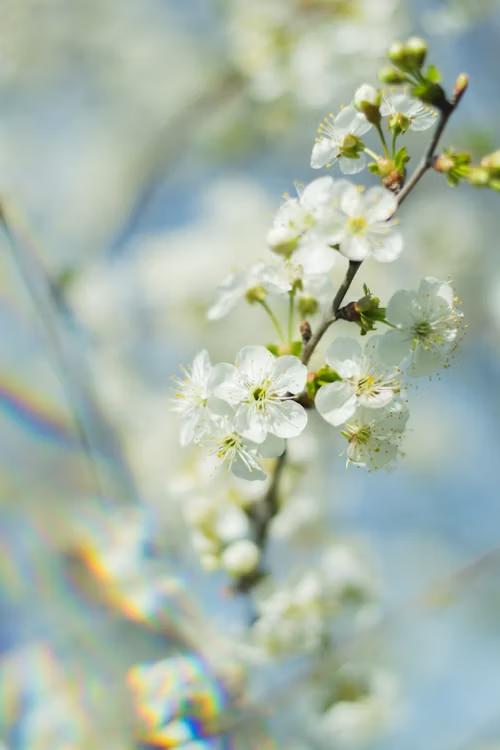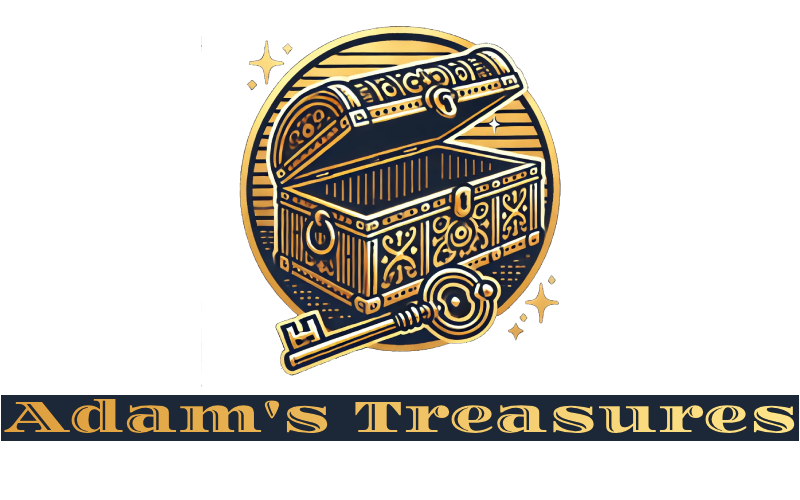Easter, one of the most significant celebrations in the Christian calendar, is a time of joy, renewal, and reflection. It marks the resurrection of Jesus Christ, an event central to Christian faith, symbolizing the victory of life over death, hope over despair, and love over hatred. But Easter is not just a religious observance; it has also evolved into a cultural and social celebration that brings families and communities together in fun and meaningful ways.
The Religious Significance
For Christians, Easter is the culmination of the Passion of Jesus, which begins with His death on Good Friday and culminates with His resurrection on Easter Sunday. The resurrection is seen as a powerful affirmation of God’s power over sin and death, offering believers the promise of eternal life. Easter is often preceded by the Lenten season, a period of 40 days of fasting, prayer, and reflection, during which Christians prepare spiritually for the celebration of Christ’s resurrection.
In church services across the world, Easter is celebrated with hymns, prayers, and readings from the Bible, telling the story of Jesus’ death and resurrection. The celebration is a reminder of God’s boundless love and the belief that no matter the darkness we may face, there is always the potential for new life and transformation. For Christians, Easter is a season of hope that encourages them to live their faith with renewed vigor.

Cultural Traditions
Beyond its religious roots, Easter has become a holiday that people from various backgrounds enjoy. Some of the most beloved Easter traditions, such as Easter egg hunts and the Easter bunny, have their origins in pre-Christian customs. Eggs, in many cultures, have been symbols of fertility, rebirth, and renewal, making them a fitting symbol for Easter’s celebration of new life.
The Easter bunny, a figure that brings baskets of candy and gifts to children, also has origins in ancient fertility lore. The hare, once considered a sacred animal in some cultures, became associated with the holiday as a symbol of springtime and new beginnings. These lighthearted traditions, often celebrated with family and friends, add to the joy of Easter and help make it a festive time for people of all ages.
In many countries, Easter Sunday also features a traditional meal, often including lamb, which is symbolic of Christ, known as the “Lamb of God.” Families come together to share food and fellowship, creating lasting memories and reinforcing the sense of community that is central to the spirit of Easter.
A Time of Renewal
Easter, at its core, is about renewal. Just as the earth experiences a rebirth in spring with the blooming of flowers and the return of warmer weather, Easter reminds us of the possibility of personal renewal. It encourages us to reflect on our lives, let go of the burdens that weigh us down, and embrace the possibility of a fresh start.
This spirit of renewal extends to our relationships, our faith, and even our connection with nature. Easter offers us the opportunity to recommit to kindness, generosity, and love, and to let go of negative thoughts or behaviors that may be holding us back. Whether through spiritual practices, acts of service, or simply spending time with loved ones, Easter serves as a reminder that there is always hope, even in the most challenging of times.

Conclusion
Easter is a time of celebration, reflection, and renewal. It reminds us that, no matter the difficulties we face, the promise of new life and hope is always within reach. Whether observed through religious ceremonies, cultural traditions, or family gatherings, Easter invites us to reflect on the deeper meanings of love, resurrection, and the power of transformation. As we celebrate Easter, we are reminded of the resilience of the human spirit and the boundless possibilities for growth and renewal in our lives.
